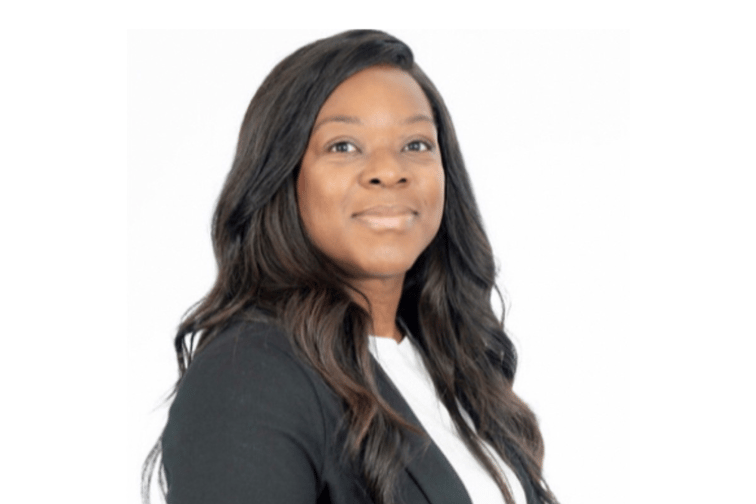

As a longstanding human resources professional and a passionate advocate for evening the playing field in financial services, Marcella McLean (pictured) knows better than most that diversity, equity and inclusion (DE&I) is not a matter of ‘cracking the code’.
Speaking with Insurance Business UK ahead of the Women in Insurance Summit in London, McLean, who is chief human resources officer at Arch Insurance International, noted that DE&I is not a once-and-done activity but rather a continuing practice. Her measure of successful DE&I, she said, is when being inclusive is an inherent way of thinking and working across an organisation.
“Our underlying belief at Arch is that DE&I should be embedded as a routine ‘business as usual’ practice,” she said. “For this to be successful, buy-in from executive leaders is critical, as it’s their responsibility to set the tone and direction of the company. When it comes to culture strategy, this is definitely more impactful when it starts from the top.
“When leaders endorse, discuss and demonstrate certain behaviours, they become an example for others in the business to follow. It’s also important to have a framework in place to measure the success of DE&I and culture strategy so that people are held accountable.”
However, McLean also emphasised the importance of encouraging bottom-up involvement in embedding DE&I and a positive culture. She cited the example set by Arch’s culture committee, employee networks and executive-led feedback sessions, where all employees have the opportunity to positively impact DE&I and shape the organisation’s culture. The variety of these open and inclusive forums has a lot of benefits for employees, she said, including giving them a platform to voice their opinions, and a sense of ownership and of shared responsibility.
“DE&I strategy is channelled and embedded through the values and culture of an organisation,” she said. “These fundamental pillars will determine whether a strategy is meaningful and successfully implemented or regarded as a tick box exercise. At Arch, having a strong and clearly defined culture is the cornerstone of our supportive and inclusive workplace and our values embody our culture and define how we engage with our colleagues, customers and partners.
“We also have a series of behaviours that underpin our values that we refer to collectively as ‘The Arch Experience’ - we believe this differentiates us as it’s not just what we’re saying but it’s how we’re doing it.”
Having the right foundations of values is critical to building a healthy, inclusive culture and McLean noted that one reason why some organisations may not be progressing as much as they’d like in this area is because they don’t have enough buy-in from their business leaders.
“One way to achieving this buy-in is by demonstrating the commercial value of DE&I,” she said. “It is proven that organisations with high levels of diversity outperform those that are less diverse. We work in an industry that serves a diverse range of customers, so organisations should be striving to have workforces that reflect this diversity.
“For me, DE&I strategy is about widening access to our company and creating true meritocratic environments so that we attract the best talent. When you have attracted great talent, it is essential that the mechanisms are in place to encourage diversity of thought so that different voices can be heard.”
From McLean’s perspective, three key components are crucial to creating a great place to work and these are:
Looking back on her career to date, McLean noted that she is now seeing more initiatives focussed on reaching talent that may not have traditionally considered insurance as a career choice, in particular talent from underserved and underrepresented backgrounds.
“There is also more collaboration and sharing of ideas within the market as companies recognise that we have common issues and common aspirations,” she said. “In terms of what I’d like to see more of, I’d like to see more cultural and DE&I strategies being linked to business objectives, demonstrating how they can lead to innovation and ultimately increased productivity.”
Arch is a gold sponsor of the upcoming Women in Insurance Summit in London. Registration is now open and you can book your tickets today.
What are your thoughts on this story? Feel free to share them in the comment box below.
